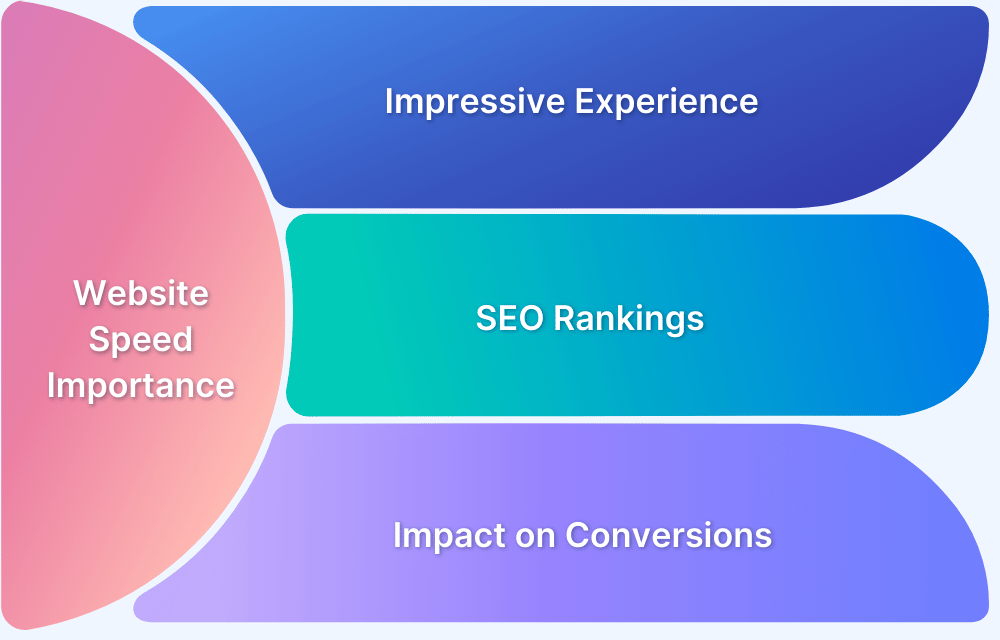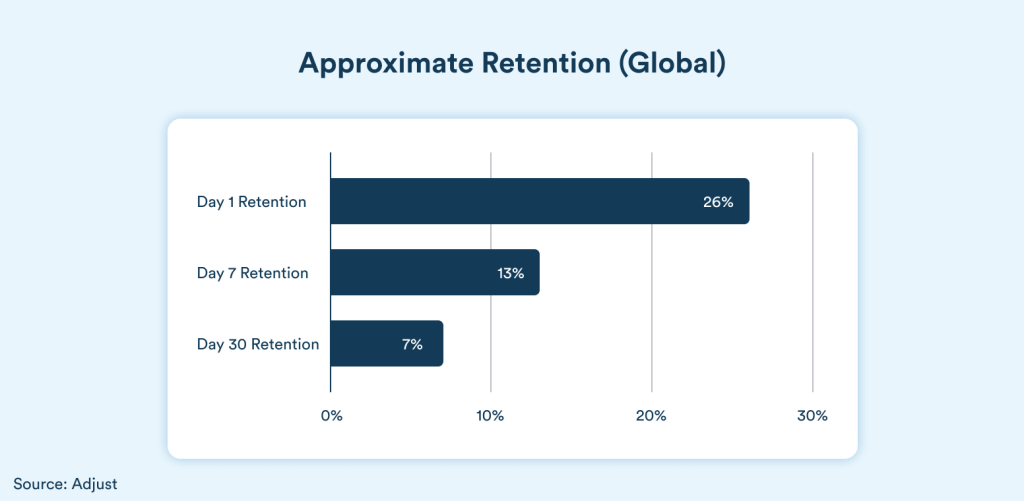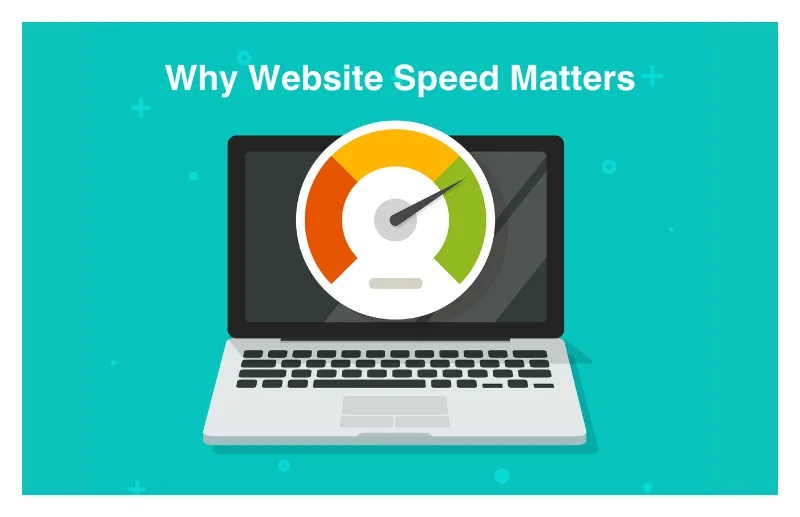Introduction
In the digital age, speed is no longer a luxury — it’s a necessity. Whether you’re running an e-commerce store, a SaaS platform, or a content-driven blog, your website’s performance directly impacts how users perceive your brand and whether they stick around. In fact, studies show that even a 1-second delay in page load time can reduce conversions by up to 7%. Let’s see How Website Performance Affects User Retention.
This blog explores the critical relationship between website performance and user retention, diving into the psychology of speed, technical factors, and actionable strategies to keep your users engaged.
1. The Psychology of Speed: Why Users Care
First Impressions Are Instant
Users form an opinion about your website in less than 0.05 seconds. If your site is slow to load, that first impression is already negative — even before your content appears.
Cognitive Load and Frustration
Slow websites increase cognitive load. Users must wait, guess, and often reload — all of which contribute to frustration. In a world of instant gratification, patience is thin.
Trust and Credibility
A fast website signals professionalism and reliability. A sluggish one? It raises doubts about your brand’s credibility, especially for first-time visitors.
2. The Data Doesn’t Lie: Performance Metrics That Matter
Bounce Rate
A high bounce rate often correlates with poor performance. If users leave before your page even loads, you’ve lost them — possibly for good.
Time on Site
Faster websites encourage users to explore more pages, increasing session duration and engagement.
Conversion Rate
Speed directly affects conversions. Whether it’s signing up for a newsletter or completing a purchase, delays kill momentum.
Core Web Vitals (Google’s Metrics)
- Largest Contentful Paint (LCP): Measures loading performance.
- First Input Delay (FID): Measures interactivity.
- Cumulative Layout Shift (CLS): Measures visual stability.
Google uses these metrics to rank websites — so performance affects not just retention, but visibility too.
3. Mobile Performance: The Game-Changer
Mobile-First Indexing
Google now indexes mobile versions of websites first. If your mobile site is slow, your SEO and user retention both suffer.
On-the-Go Expectations
Mobile users expect even faster load times. A delay of more than 3 seconds can cause over 50% of users to abandon the site.
Responsive Design Isn’t Enough
It’s not just about layout — your mobile site must be optimized for speed, including image compression, lazy loading, and minimal scripts.

4. Real-World Examples: Speed in Action
Amazon
Amazon found that every 100ms of latency cost them 1% in sales. That’s millions of dollars lost due to mere milliseconds.
BBC
The BBC reported that they lose 10% of users for every additional second their site takes to load.
After improving performance, Pinterest saw a 40% decrease in wait time and a 15% increase in SEO traffic.
5. Technical Factors That Impact Speed
1. Hosting and Server Response Time
- Choose a reliable hosting provider.
- Use CDNs (Content Delivery Networks) to reduce latency.
2. Image Optimization
- Compress images without sacrificing quality.
- Use modern formats like WebP.
3. Code Efficiency
- Minify CSS, JavaScript, and HTML.
- Remove unused code and plugins.
4. Caching Strategies
- Implement browser caching.
- Use server-side caching for dynamic content.
5. Third-Party Scripts
- Limit the use of external scripts (e.g., ads, analytics).
- Load them asynchronously when possible.

6. Tools to Measure and Improve Performance
Google PageSpeed Insights
Provides a performance score and actionable suggestions.
GTmetrix
Offers detailed waterfall charts and historical performance tracking.
Lighthouse
An open-source tool from Google for auditing performance, accessibility, and SEO.
WebPageTest
Allows testing from multiple locations and devices.
7. How Speed Affects SEO and Rankings
Google’s Algorithm Prioritizes Speed
Since 2021, Google’s Page Experience update includes Core Web Vitals as a ranking factor.
Faster Sites Get More Crawled
Googlebot allocates crawl budget based on site speed. Faster sites get indexed more frequently and thoroughly.
Better UX = Lower Bounce = Higher Rank
Improved user experience leads to lower bounce rates, which positively influences rankings.

8. Strategies to Improve Website Performance
1. Use a Performance-Optimized Theme
Choose lightweight themes, especially for WordPress or Shopify.
2. Implement Lazy Loading
Load images and videos only when they enter the viewport.
3. Enable GZIP Compression
Reduces the size of files sent from your server to the browser.
4. Use a CDN
Distribute content across global servers to reduce load times.
5. Monitor Regularly
Performance isn’t a one-time fix. Use tools to monitor and optimize continuously.
9. The Business Case: ROI of a Fast Website
Higher Conversions
Speed boosts conversions — whether it’s sales, sign-ups, or downloads.
Improved Customer Satisfaction
Users are more likely to return to a site that respects their time.
Reduced Support Costs
Fewer performance-related complaints mean less strain on your support team.
Competitive Advantage
In saturated markets, speed can be the differentiator that keeps users loyal.
Conclusion: Speed Is the Silent Salesperson
Website performance is more than a technical concern — it’s a business imperative. A fast, responsive site not only improves user experience but also boosts retention, conversions, and brand perception. In a world where users have endless options and limited patience, speed is your silent salesperson — working 24/7 to keep visitors engaged and coming back.
Invest in performance. Your users — and your bottom line — will thank you.





